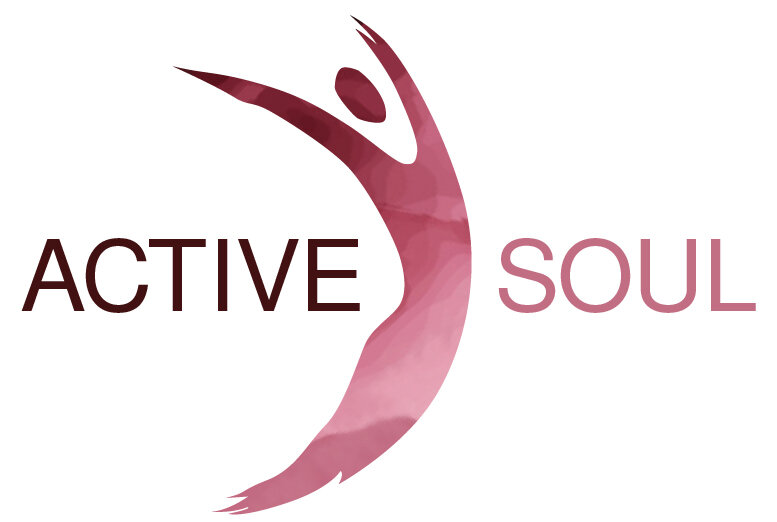Exercising through pregnancy
If you’re healthy and your pregnancy is normal, it is considered safe for you to exercise through your pregnancy. Now is not the time to be increasing the intensity or type of training though! The focus becomes very much on maintaining activity rather than aesthetics or improving your fitness or strength.
You ideally want to be ‘match-fit to be mum-fit’, so the goal is to keep exercises functional in order to help you cope with day to day activities once the baby has arrived. Being a Mum is very demanding; we squat, lunge, pull, push and pick up things off the floor all the time so your training should reflect this also. As you progress through the trimesters, some alterations will be required in terms of dropping intensity levels, weights or eliminating certain exercises depending on how your body copes with pregnancy.
It is important to include core training into your exercise programme – and I’m not talking about sit ups or planks! The four components of your abdominals will change as you progress through the trimesters as will the pressure on your pelvic floor. Because of this, we need to do daily core essential breath work to keep these muscles strong. This keeps these muscles strong through pregnancy, allows muscle memory to form prior to having baby, helps during delivery and makes these muscles easier to activate and strengthen after birth also. NB. from about 34 weeks it is also very important to work on relaxing your pelvic floor muscles to prepare to give birth as we want these muscles to relax and let go during the labour.
Remember that every body is different and every pregnancy is different so it is important to keep checking in with your body, how it is feeling and adapt as needed.
Exercising through pregnancy will give you the following benefits:
improves posture and alignment
reduces pregnancy discomfort
helps to maintain baby in a good position
eases labour and post-birth recovery
decreases risk of lower back pain
reduces risk of anxiety and depression
boosts your energy
prevents excessive weight gain
At all times, have an awareness of energy levels, and how hard you are working during a workout though. Because of an increased heart rate while pregnant, and potential shortness of breath, decipher how hard you are working from a ‘Rate of Perceived Exertion’ aiming to sit around the 7/10 mark. Most importantly; if you experience anything out of the ordinary (eg, bleeding, dizziness, chest pain, calf pain or swelling, or regular contractions) please contact your healthcare professional for advice.
For more guidance on exercising through pregnancy along with sample workouts for both the gym and home check out our Pregnancy Fitness Guide.

